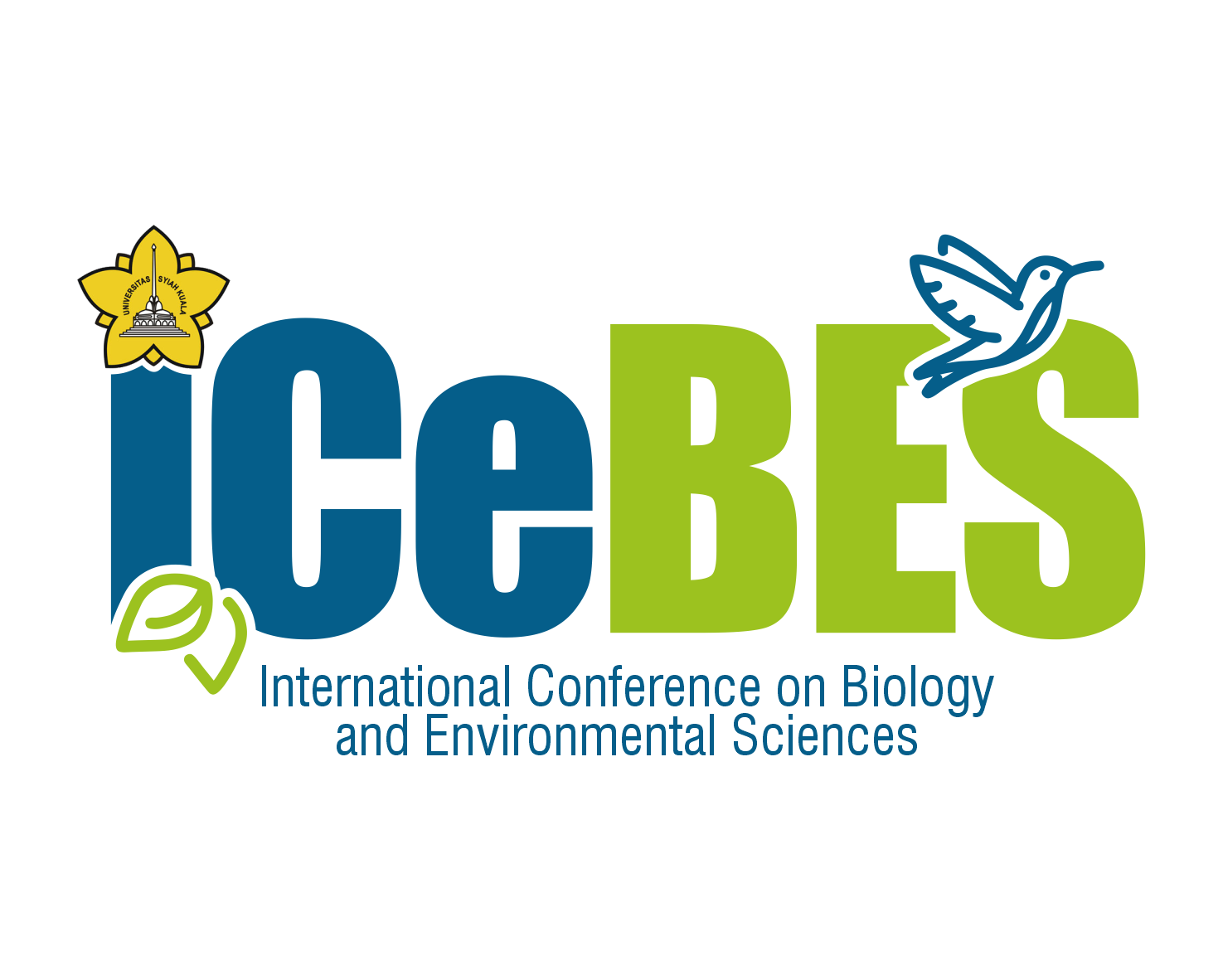Biology is not just the study of life; it plays a crucial role in various sectors, including government, forest conservation, and environmental safety. In today’s modern world, integrating biological knowledge with public policy is becoming increasingly important to create sustainable solutions that protect the environment and promote societal well-being.
1. The Role of Biology in Government
In the governmental context, biology provides the scientific foundation for numerous policies related to natural resource management, public health, and environmental protection. One example is spatial planning, where ecological considerations must be integrated to ensure development does not harm existing ecosystems.
Biology also plays a key role in public health sectors. Government policies on infectious disease control, medical waste management, and food safety regulation require deep biological understanding. Research on microbial ecosystems, genetics, and virology forms the backbone of disease prevention and treatment efforts, particularly in times of global pandemics.
2. Forest Conservation for Environmental Sustainability
Tropical forests, home to vast biodiversity, play a vital role in maintaining global ecosystem balance. Through biological sciences, governments and conservation organizations can better understand forest ecosystems, from biodiversity to their role in carbon absorption and hydrological cycles.
Forest conservation aims to prevent deforestation and environmental degradation. Actions such as creating protected areas, managing forests sustainably, and conducting reforestation and ecosystem restoration can be informed by in-depth biological research. The success of conservation programs hinges on understanding keystone species within ecosystems, species interactions, and the impacts of climate change on these environments.
3. Biology for Environmental Safety
Climate change and environmental degradation pose serious threats to the world today. Biology plays a critical role in identifying and addressing these threats to ecosystems and the environment. Governments worldwide increasingly rely on biological research to guide actions related to climate change mitigation and adaptation.
Monitoring water, air, and soil quality through biological approaches enables early detection of pollution and environmental damage. With a deeper understanding of biodiversity and ecosystems, scientists can offer policy recommendations to protect endangered species, manage vulnerable habitats, and restore damaged areas.
4. Synergy Between Government and Biology Academics
Collaboration between government and academic biologists is essential in creating science-based, targeted policies. Governments can apply biological research findings to design more effective and sustainable environmental management programs.
For instance, research on endemic species and the impact of habitat loss on their survival is valuable in drafting wildlife protection laws. Furthermore, community-based conservation efforts, which incorporate biological knowledge in grassroots projects, can strengthen ecosystem protection by involving local participation.




No responses yet